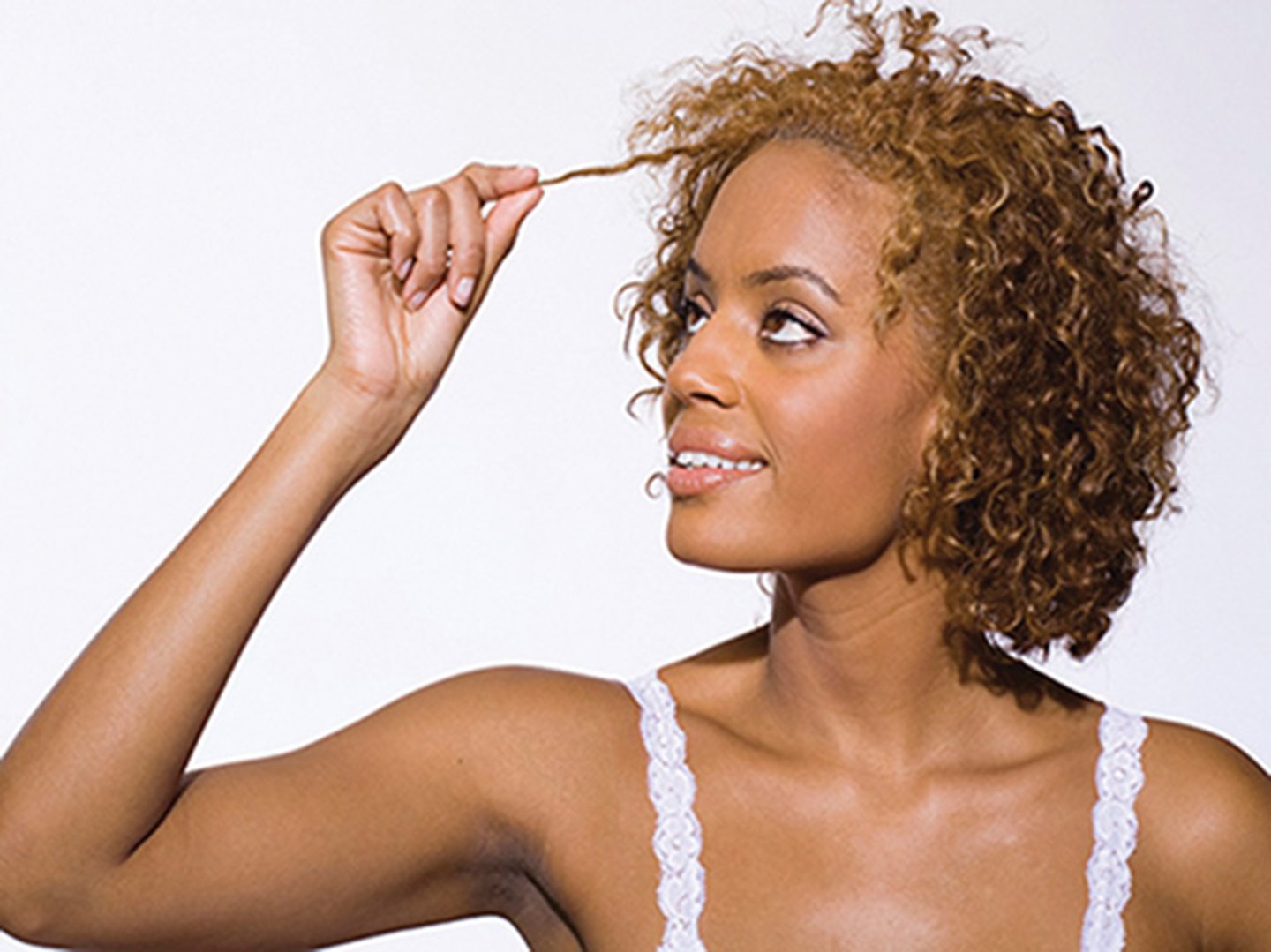Perception Institute releases results of ‘Good Hair’ Study
NEW YORK — The Perception Institute on Tuesday released the results of its “Good Hair” Study, an examination of implicit and explicit attitudes toward black women’s hair, for which it collaborated with Sundial Brands, makers of SheaMoisture and Nubian Heritage.
For the study, the Perception Institute worked with Sundial Brands to create a Hair Implicit Association Test, which was used along with an extensive online survey to establish a baseline measure of biases people have against natural and textured hair. The study was inspired by SheaMoisture’s “Break the Walls” campaign, which highlighted divisive beauty constructs that accompany the idea of aisle “segregation” of certain beauty products based on ideas of what is considered “normal” in beauty.
“With increasing headlines around the world highlighting natural hair restrictions and intolerance in the workplace, schools and society at large, it is critical that as a society we understand hair bias and the role it plays in how we view others, the value we place on them and our expectations of them to fit into a singular view of ‘normal,’” said Rich Dennis, CEO of Sundial Brands, which is a sponsor of Drug Store News and Mack Elevations third annual New General Market Summit, where Dennis will discuss emerging insights into the company’s social vision of community commerce. “My hope is that the insights gleaned from this seminal study will be a turning point in the beauty industry’s evolution from making people feel good about themselves to also transforming how they see – and thus treat – themselves and others.”
One of the key insights that emerged from the study, which included 4,165 participants — 3,475 men and women, as well as 688 self-identified “naturalista” women who are part of an online natural hair community — is that it suggests a majority of people across ages, races and genders hold some bias toward women of color based on their hair. It did, however, note that this bias can be overridden, and found that millennials have more positive attitudes toward natural hair than older people.
Among the black women in the natural hair community, though they have more positive explicit and implicit attitudes toward textured hair than all other women, nonetheless said they perceive the social stigma of wearing natural hair. They also reported more anxiety related to their hair and greater social and financial burden of hair maintenance than white women. They were twice as likely as white women to report social pressure to straighten their hair at work. White women demonstrated the strongest implicit and explicit bias against textured hair in the study, but white women who engage with naturalista communities regularly have lower levels of bias.
“The beauty industry has long offered us ways to find our best selves. But how is it challenging us to see the best in each other – without bias?” Perception Institute co-founder and executive director Alexis McGill said. “Many black women will feel affirmed by the ‘Good Hair’ Study — it is what they have always known and experienced: wearing natural hairstyles has deep political and social implications. Our hope is that those who create the images we see in our daily lives will consider how bias against natural hair can undermine the ability for black women to be their full selves and affect their professional trajectory, social life and self-esteem. Moreover, we hope to encourage researchers to use intersectional approach to design new metrics, such as the Hair IAT, to drive new and nuanced conversations.”
More information about the “Good Hair” Study and the Hair IAT can be found here.

